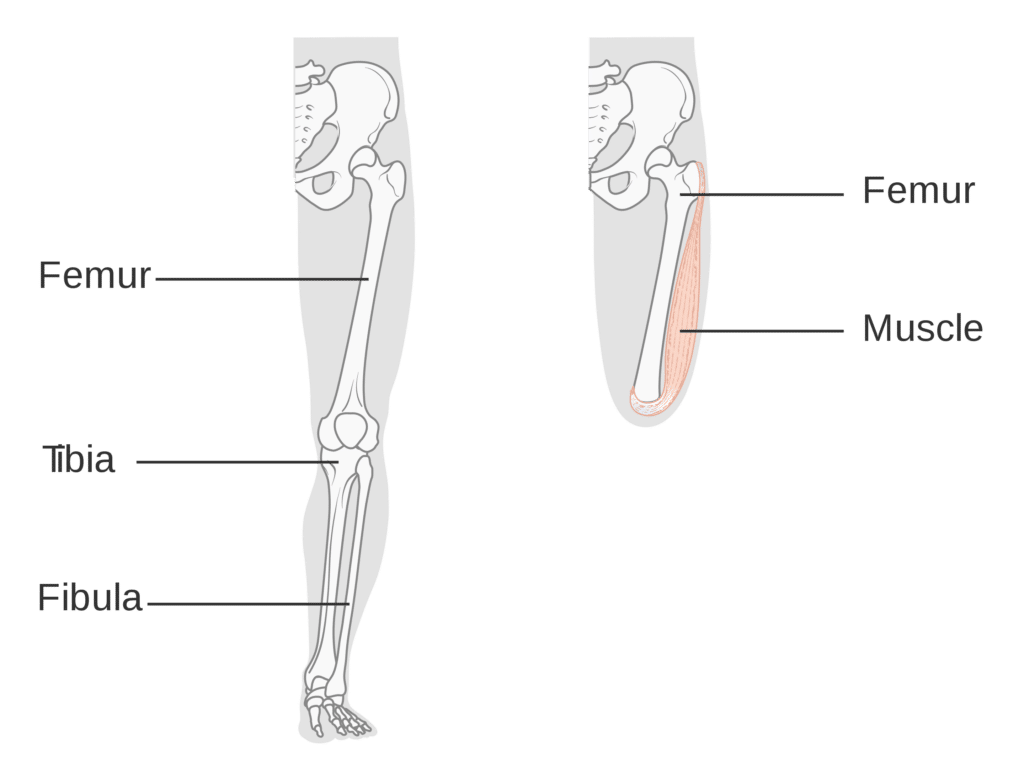Losing a limb due to an accident or medical negligence can have life-altering consequences. Not only is the physical pain and trauma immense, but the loss of a limb can also affect an individual’s ability to work and carry out daily activities.
This is why it is important to understand the kind of compensation you can receive for your amputation. In this article, we will discuss the various types of compensation you can seek for your amputation and how to go about getting the help you need. The compensation amount can vary greatly and depend on the facts of your case including the type of injury you sustained.
[Note: This article is for informational purposes only. GJEL Accident Attorneys only handles California amputation cases where the injury was the result of someone else’s negligence].

Understanding the Impact of Amputation
Before we delve into the types of compensation available, it is important to understand the impact that amputation can have on an individual’s life. Losing a limb can result in physical limitations, emotional distress, and financial strain.
An amputation can require extensive medical care, rehabilitation, and assistive devices to help a person adjust to life without a limb. Additionally, an amputee may require assistance with daily tasks and may no longer be able to work in their previous occupation.
Types of Compensation Available for Amputation
Economic Damages
Economic damages refer to compensation for financial losses resulting from an amputation. These damages include:
Medical Expenses
An amputation can require extensive medical care, including surgeries, hospital stays, rehabilitation, and assistive devices. Compensation for medical expenses can cover these costs, including future medical expenses related to the amputation.
Lost Wages
An amputee may not be able to work in their previous occupation, resulting in a loss of income. Compensation for lost wages can include past and future lost wages, as well as a loss of earning capacity.
Property Damage
If the amputation was the result of an accident, the victim may have suffered property damage. Compensation for property damage can cover the cost of repairing or replacing any damaged property.
Non-Economic Damages
Non-economic damages refer to compensation for losses that are not financial in nature. These damages include:
Pain and Suffering
Amputation can cause immense physical pain and emotional distress. Compensation for pain and suffering can cover the physical pain and emotional distress caused by the amputation.
Loss of Enjoyment of Life
An amputation can limit a person’s ability to engage in activities they previously enjoyed. Compensation for loss of enjoyment of life can cover the inability to participate in activities and hobbies due to the amputation.
Punitive Damages
Punitive damages refer to compensation awarded to punish the person or entity responsible for the amputation. These damages are typically only awarded in cases of intentional harm or extreme negligence.
Seeking Help
If you have suffered an amputation, it is important to seek legal help to determine the compensation you may be entitled to. An experienced personal injury attorney can help you navigate the legal process and ensure you receive the compensation you deserve.
At GJEL Accident Attorneys, we understand the physical, emotional, and financial impact that amputation can have on an individual and their family. Our experienced attorneys are committed to helping amputees receive the compensation they need to move forward. Contact our California amputation attorneys today for a free case review at 855-508-9565.
FAQs
1. Can I still receive compensation if the amputation was due to a pre-existing condition?
Yes, you may still be entitled to compensation if the amputation was caused by an accident or medical negligence.
2. How long do I have to file a claim for amputation compensation?
The statute of limitations for filing a personal injury claim varies by state. It is important to contact a personal injury attorney as soon as possible to determine the time limits in your state.
3. Will I have to go to court to receive compensation for my amputation?
Not necessarily. Many personal injury claims are settled out of court through negotiations between the parties involved. However, if a fair settlement cannot be reached, the case may proceed to court.
4. What if I am partially at fault for my amputation?
If you are partially at fault for the accident that caused your amputation, you may still be entitled to compensation. However, the amount of compensation you receive may be reduced in proportion to your level of fault.
5. Can I still receive compensation if the amputation occurred due to a work-related accident?
Yes, if the amputation occurred while you were on the job, you may be entitled to workers’ compensation benefits. Additionally, if the accident was caused by a third party, such as a manufacturer of defective equipment, you may also be entitled to personal injury compensation. It is important to consult with a personal injury attorney to determine your options.
Conclusion
Losing a limb due to an accident or medical negligence can be a traumatic experience. However, it is important to understand the kind of compensation you can receive for your amputation. Economic damages, non-economic damages, and punitive damages are all available to amputees.
Seeking legal help from an experienced personal injury attorney can help ensure you receive the compensation you need to move forward. Contact GJEL Accident Attorneys at 855-508-9565 for a free case review and to learn more about your options. Don’t wait to get the help you need.
